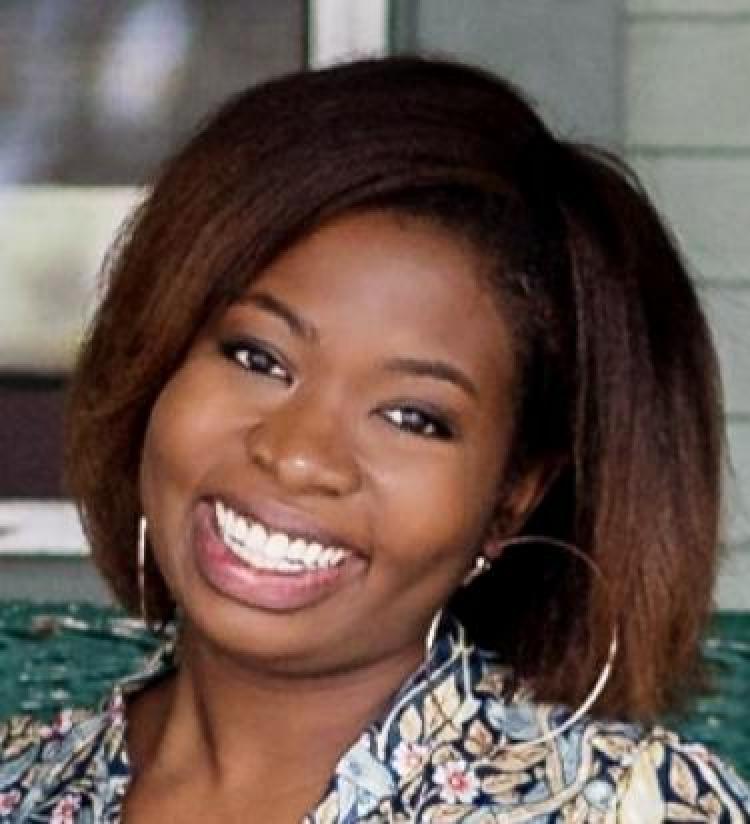
Jessica Rush Leeker
When Jessica Rush Leeker was an undergraduate at Penn State University, an adviser asked her an interesting and deceptively simple question. It’s a question that has echoed through her work as a mentor and educator to this day.
“She did not ask me what I wanted to be. Instead, she asked me what skills I wanted to bring to my community and the world,” Leeker said. “That shift in perspective has informed a lot of my work with students and was incredibly formative.”
Leeker is the Stephen M. Dunn professor and faculty director of undergraduate education in CU Boulder’s Lockheed Martin Engineering Management Program. She brings a unique outlook and perspective to those roles because of her extensive industry and nonprofit experience coupled with a master’s in business administration and a PhD in engineering education at Purdue University.
The combination has resulted in a research portfolio that touches on the practical methods of corporate outreach in STEM and mentor relationships among traditionally underrepresented students in engineering.
As one of four women in her undergraduate engineering program, she said she knows how valuable mentors can be.
“It is so important to have someone you can look at and say, ‘They did it and so can I.’ Representation matters,” she said. “Dr. Mary Pilotte at Purdue was that kind of mentor to me and is still in my corner today – encouraging me to focus on the things that make my blood boil, the human-centered, social aspects of my research, which were and are fundamental to me. And not making me feel like any less of an engineer because that is where my priorities and interest were.”
A recent collaboration with Tuskegee University is a great example of how Leeker combines all of those interests along with related concepts like sustainability and active learning. Initially funded through a seed grant from the Resilient Infrastructure with Sustainability and Equity Interdisciplinary Research Theme, the project aims to create a participatory engineering design model that explicitly addresses historical and institutional racism. She said the project builds cultural empathy and understanding among students at both universities to create both socially and ecologically sustainable growth.
Leeker is also teaching an inaugural course in diversity, equity and inclusion that asks students to re-envision the design process from the start. In simple terms, she said, diversity refers to the presence of differences in any sense, equity refers to fairness, and inclusion refers to having resources and opportunity.
An upcoming course in entrepreneurial development she is teaching this summer for both undergrad and graduate students will cover similar concepts and approaches.
“Engineering is essentially using principles to design and make something, including systems. When you include DEI in the design process, students see that the disintegration of each population was designed and, for the most part, is still designed and is working the way it was meant to be,” she said. “I love teaching this because halfway through you can see a lightbulb come on for the students as they start to see and understand the systems at play. I help students grapple with this and figure out ways to make lasting changes in their design.”
Leeker added that those topics recently have become issues of national debate but said there need to be more candid conversations around DEI and more groups telling their own stories.
“To paraphrase Dr. Carter G. Woodson, when we give ourselves space to understand ourselves without myth to understand the human experience before we get to the present, we have space to accept the facts as they are and grow from there,” she said.



